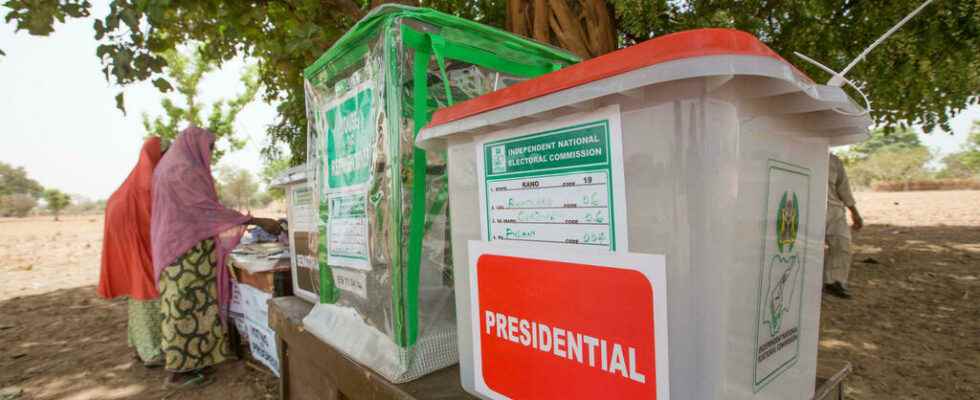With less than a year to go before its next presidential election, Nigeria has overhauled its electoral law. It will now be possible to register voters electronically and above all to transmit the results of an election electronically very quickly after the ballot. A way to limit fraud.
With our correspondent in Lagos, Liza Fabbian
It took four years for the new electoral law to finally be approved by President Muhammadu Buhari, after several rejections. This text should make it possible to fight against fraud, while the polls in Nigeria have regularly been marred by irregularities since the return of a democratic regime in 1999.
Previously the results of the elections were known several days and sometimes several weeks after the vote, giving way to attempts at fraud in the most populous country in Africa.
A new law hailed by civil society
The new electoral law provides for the electronic transmission of results, which should largely solve this problem. Other amendments provide for sanctions in the event of pressure against voters or attempts to buy votes. Civil society organizations have largely welcomed the progress made in this new electoral law.
Following its entry into force, the Nigerian Electoral Commission has chosen to slightly postpone the next presidential election. This will take place on February 25, 2023 – a week after the date originally announced.
